
Garlic
Garlic is a plant with medicinal properties that can benefit memory. It contains sulfur compounds, such as allicin, which have antioxidant and anti-inflammatory properties that may protect the brain from oxidative damage and reduce the risk of neurodegenerative diseases. In addition, garlic has been shown to improve blood flow to the brain, which may improve cognitive function and long-term memory.
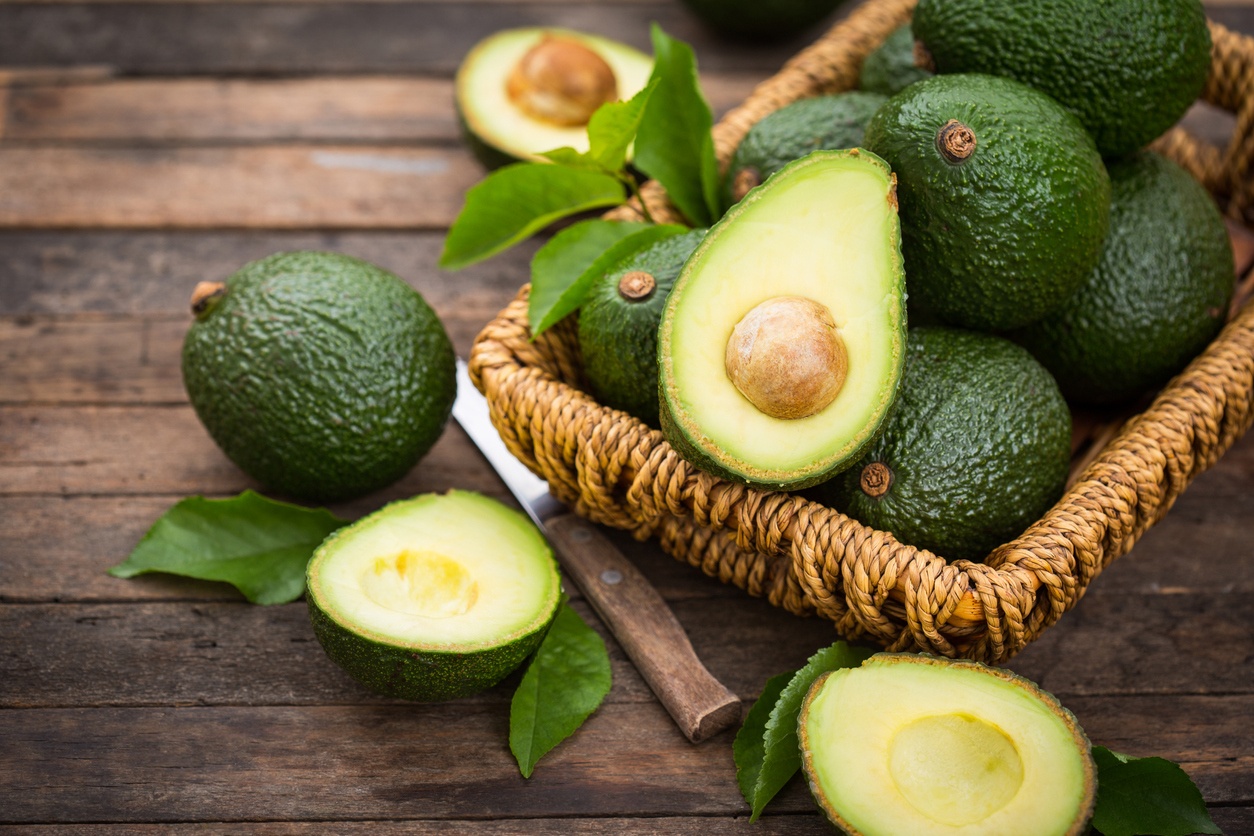
Avocado
Avocado is a food rich in healthy fats, such as omega-3 fatty acids, which are essential for the brain and can improve memory. In addition, it contains vitamin E, which is an antioxidant that protects brain cells from oxidative damage. Avocado also contains vitamin K, which has been shown to improve cognitive function. In addition, avocados are rich in fiber, which can help regulate blood sugar and prevent insulin spikes that can negatively affect memory.

Dark chocolate
Dark chocolate is rich in flavonoids, a type of antioxidant that has been shown to benefit brain health and memory. Flavonoids increase blood flow to the brain, which can improve cognitive function and long-term memory. In addition, dark chocolate contains caffeine and theobromine, which can improve alertness and concentration. It also contains magnesium, which is known to have a positive effect on learning and memory. Together, these nutrients make dark chocolate an excellent food for improving memory and brain health. It is important to choose high-quality dark chocolate with a high percentage of cocoa for the greatest benefits.
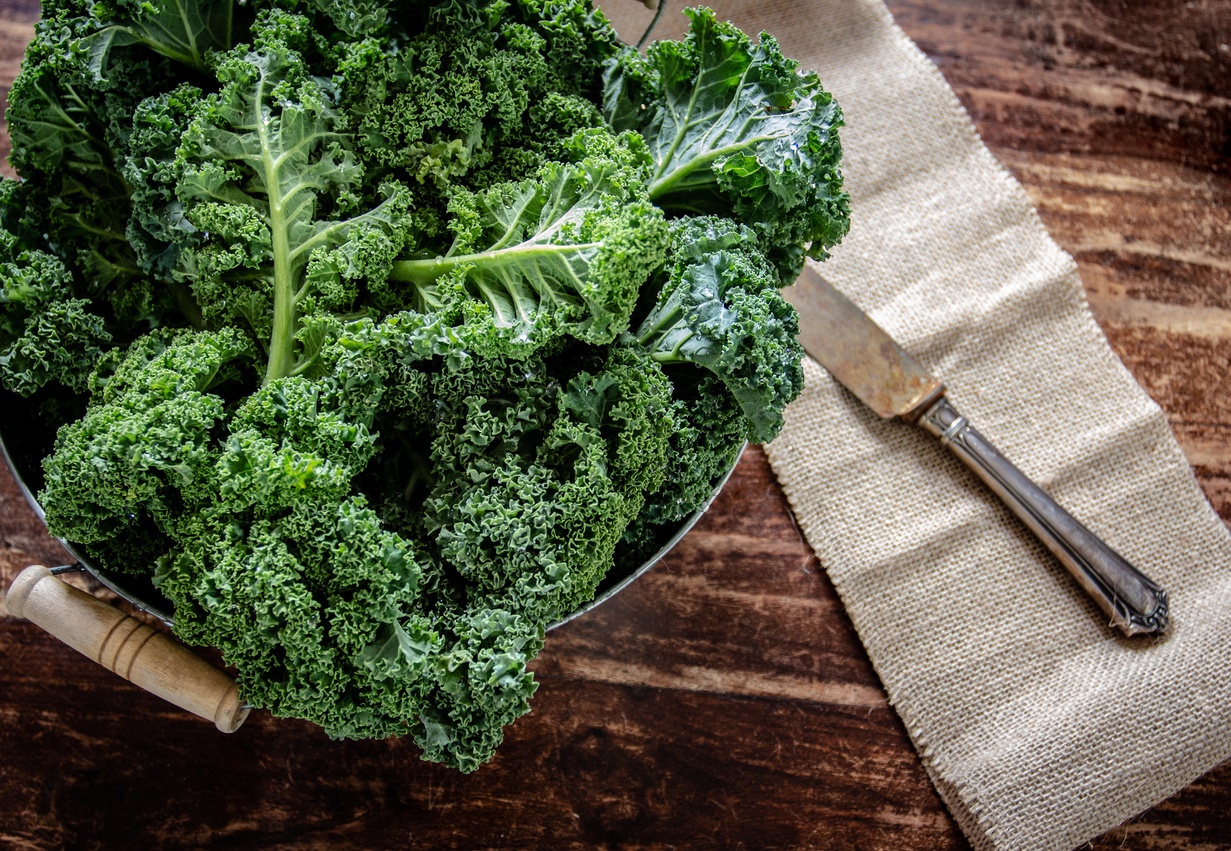
Kale
Kale is a nutrient-rich vegetable that can benefit memory. It contains a high amount of vitamin K, which has been shown to improve cognitive function and memory. It is also rich in antioxidants, such as vitamin C and beta-carotene, which protect the brain from oxidative damage and reduce the risk of neurodegenerative diseases. Kale is also a good source of folic acid, which can help prevent age-related memory loss.
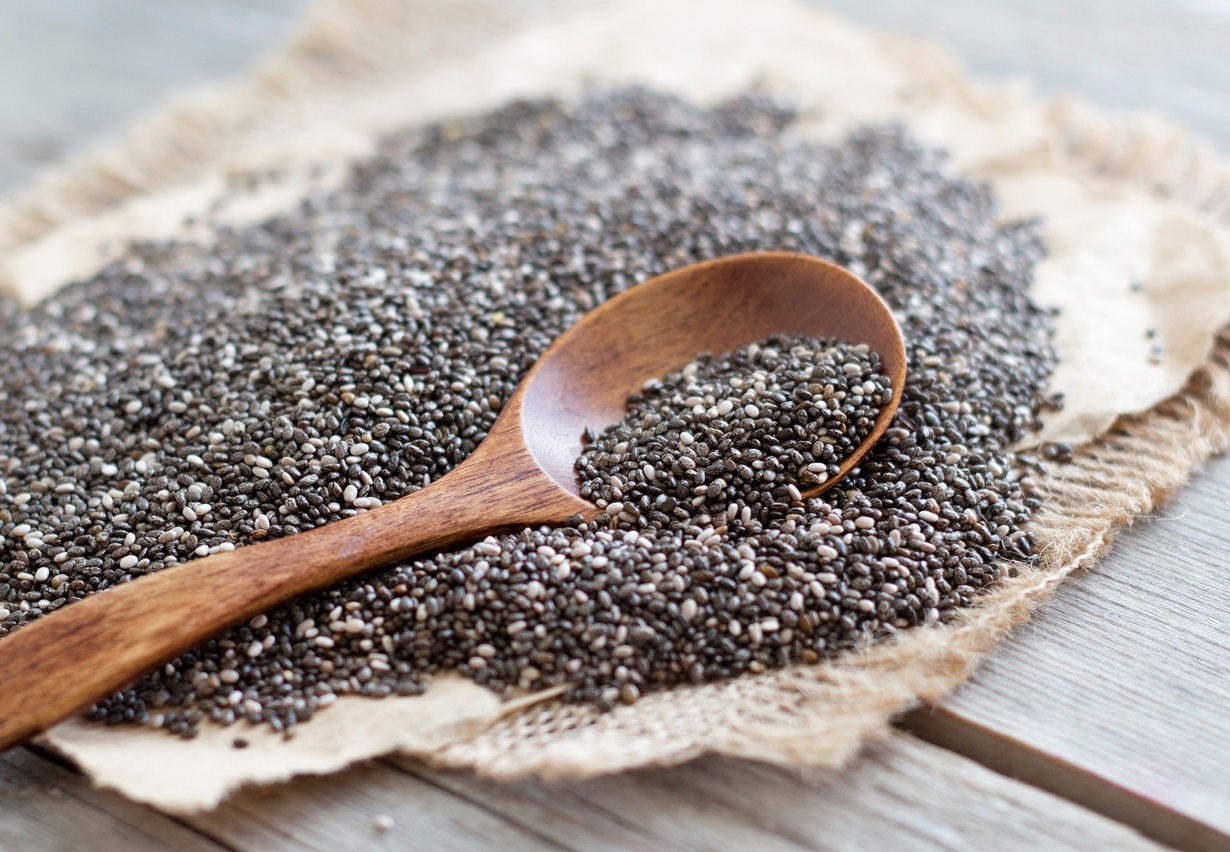
Chia seeds
Chia seeds are rich in omega-3 fatty acids, which are essential for the brain and can improve memory. In addition, they contain antioxidants, such as vitamin E and flavonoids, which protect brain cells from oxidative damage and premature aging. They are also rich in fiber, which can help regulate blood sugar and reduce inflammation, which has been linked to better cognitive function and less age-related memory loss.

Olive oil
Olive oil is rich in healthy fats, such as monounsaturated fatty acids, which are beneficial for brain health and memory. It also contains antioxidants, such as polyphenols, which protect the brain from oxidative damage and reduce the risk of neurodegenerative diseases. In addition, olive oil has anti-inflammatory properties, which can improve cognitive function and reduce age-related memory loss.
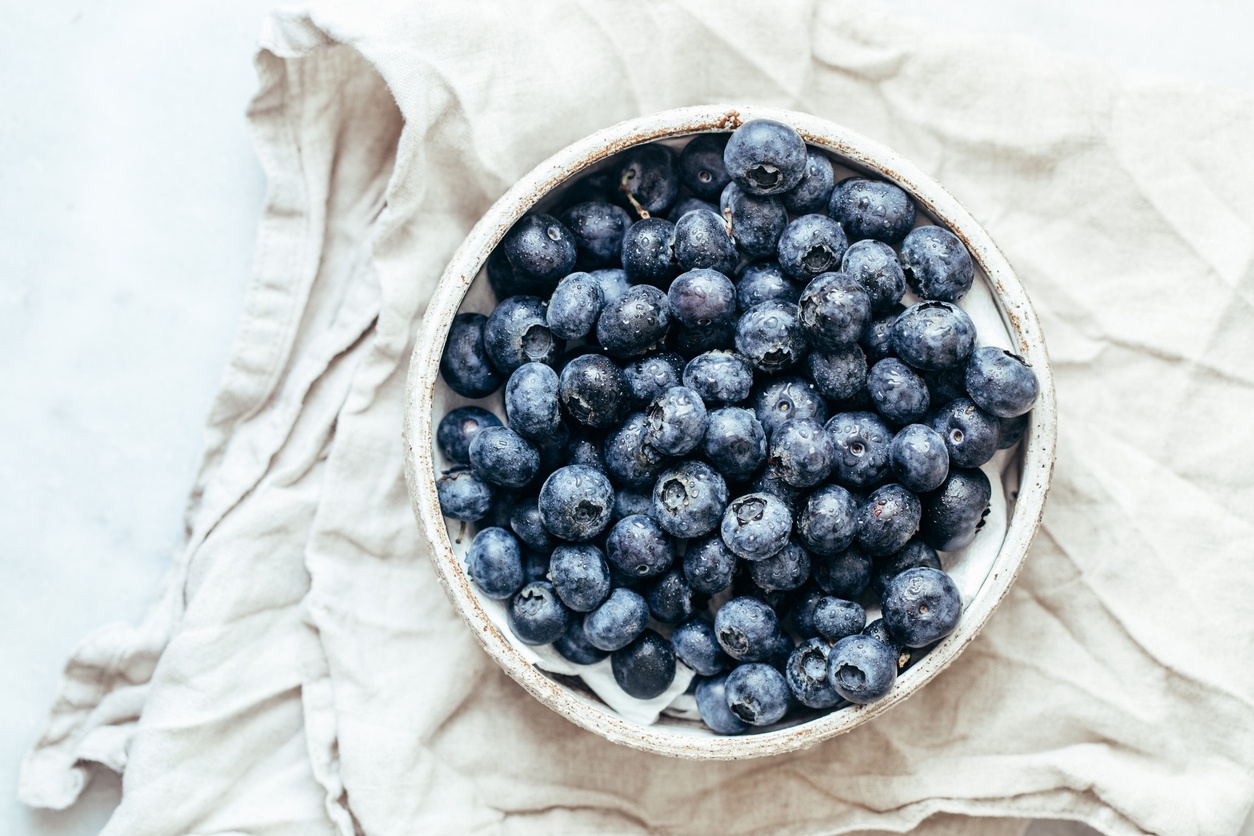
Blueberries
Blueberries are a fruit rich in antioxidants, especially flavonoids called anthocyanins, which may benefit memory and cognitive function. These compounds protect the brain from oxidative damage and reduce the risk of neurodegenerative diseases. In addition, blueberries have been shown to improve communication between brain cells, which may improve long-term memory. They also contain anti-inflammatory compounds that can reduce inflammation in the brain and improve cognitive function.
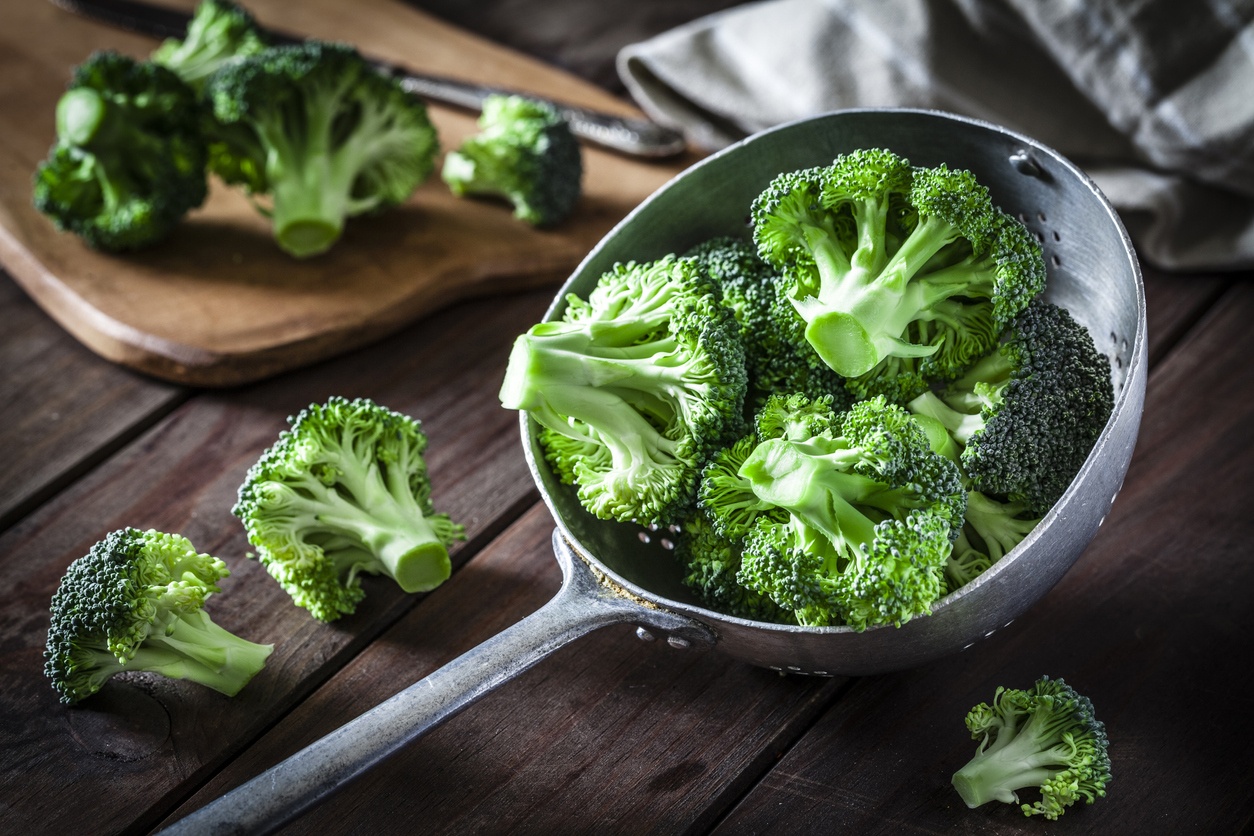
Broccoli
Broccoli is a cruciferous vegetable rich in nutrients that may benefit memory. It contains antioxidant compounds, such as flavonoids, vitamin C and beta-carotene, which protect the brain from oxidative damage and reduce the risk of neurodegenerative diseases. In addition, broccoli is a good source of vitamin K, which has been shown to improve cognitive function and memory. It also contains anti-inflammatory compounds, such as isothiocyanates, which can reduce inflammation in the brain and improve cognitive function.

Turmeric
Turmeric is a spice that contains an active compound called curcumin, which has antioxidant and anti-inflammatory properties that may protect the brain and improve memory. Curcumin has been shown to reduce inflammation in the brain and improve cognitive function in older people. In addition, it is believed that curcumin may help prevent the accumulation of beta-amyloid proteins in the brain, which is linked to Alzheimer’s disease.
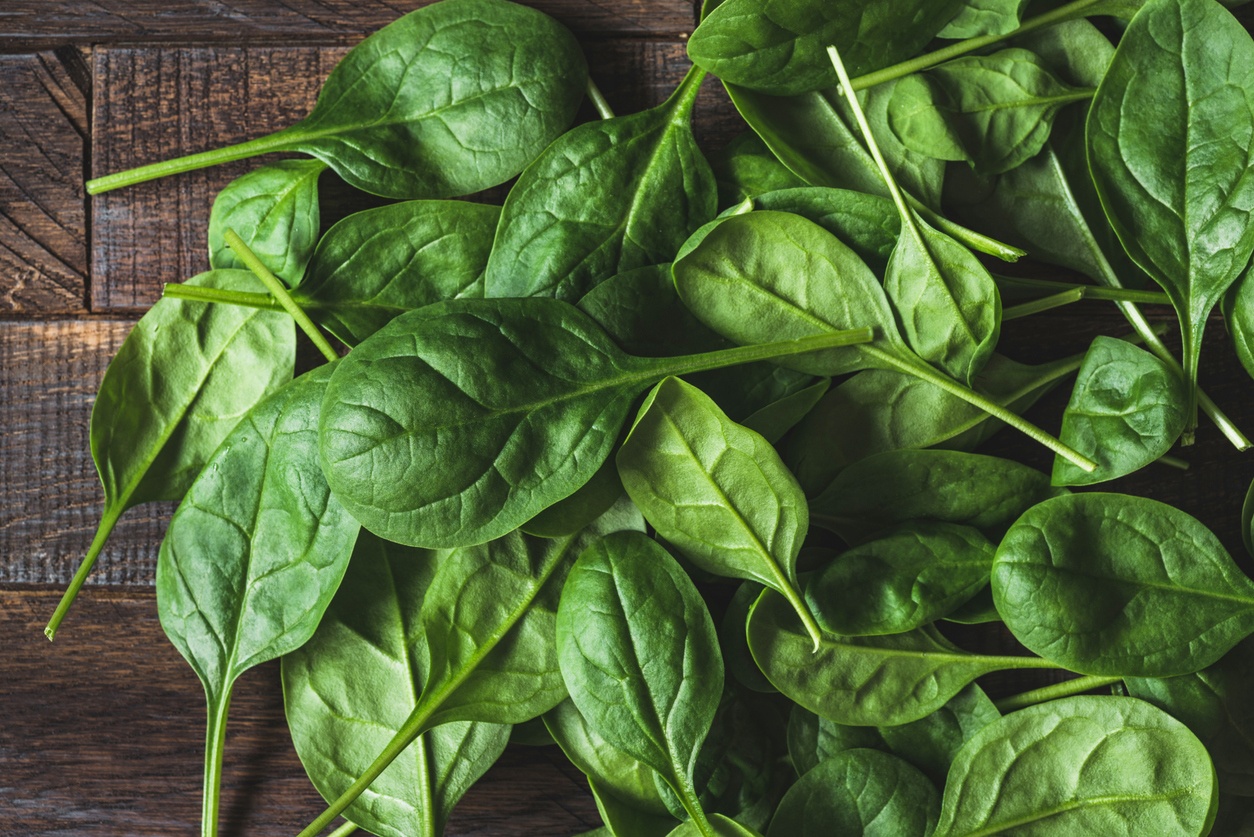
Spinach
Spinach is a nutrient-rich vegetable that may benefit memory and cognitive function. They are a good source of antioxidants, such as vitamin C and beta-carotene, which protect the brain from oxidative damage and reduce the risk of neurodegenerative diseases. They also contain high amounts of vitamin K, which has been shown to improve cognitive function and memory in older adults.

Eggs
Eggs are an excellent source of nutrients, including protein, B vitamins and choline, which can benefit memory and cognitive function. Choline is important for brain health and has been shown to improve cognitive function and memory in older adults. In addition, eggs contain antioxidants, such as lutein and zeaxanthin, which protect the brain from oxidative damage and reduce the risk of neurodegenerative diseases.
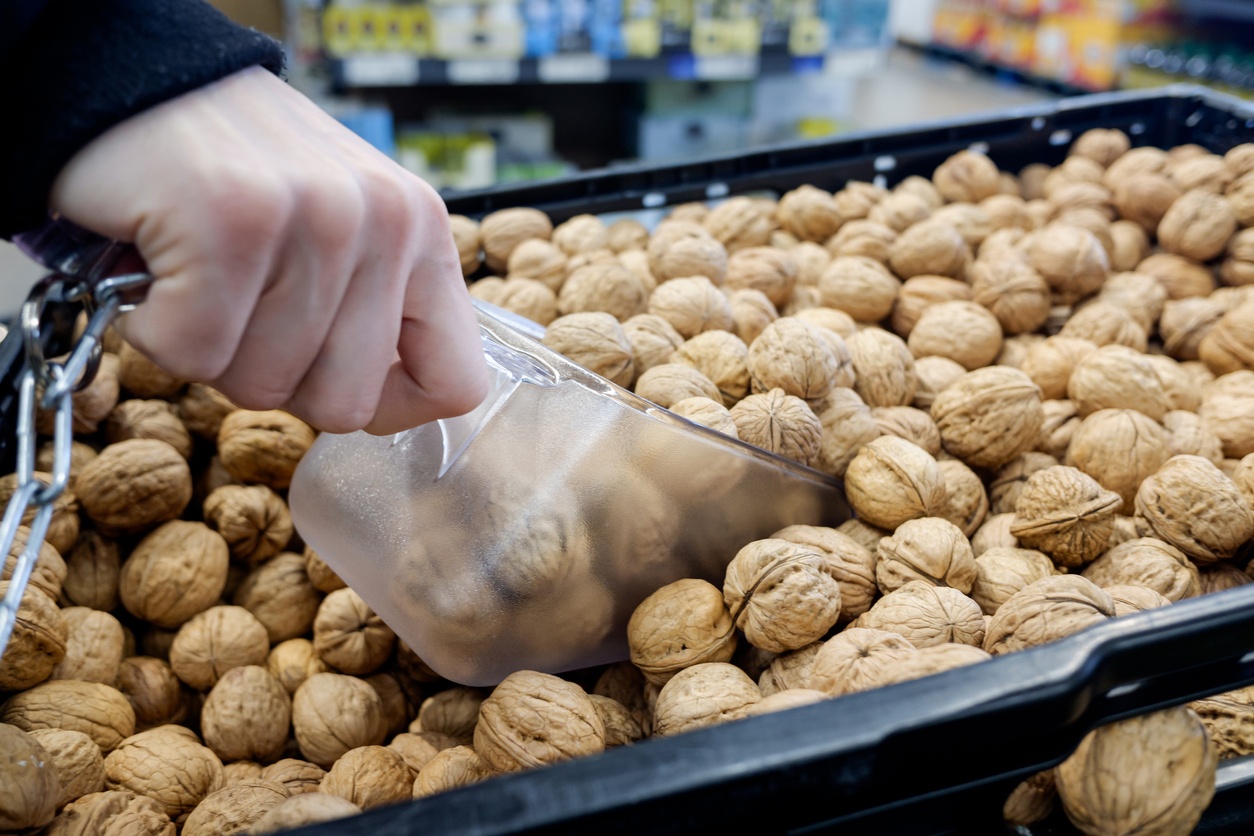
Walnuts
Walnuts are a nutrient-rich nut that can benefit memory and cognitive function. They are a good source of healthy fats, including omega-3 fatty acids, which are important for brain health and may improve memory and cognitive function in older adults. In addition, walnuts contain antioxidants and anti-inflammatory compounds that protect the brain from oxidative damage and reduce the risk of neurodegenerative diseases.

Salmon
Salmon is a nutrient-rich fish that can benefit memory and cognitive function. It is a good source of protein and healthy fats, including omega-3 fatty acids, which are important for brain health and may improve memory and cognitive function in older adults. In addition, salmon contains B vitamins, which are important for brain health and memory, and antioxidants such as astaxanthin, which protect the brain from oxidative damage and reduce the risk of neurodegenerative diseases.
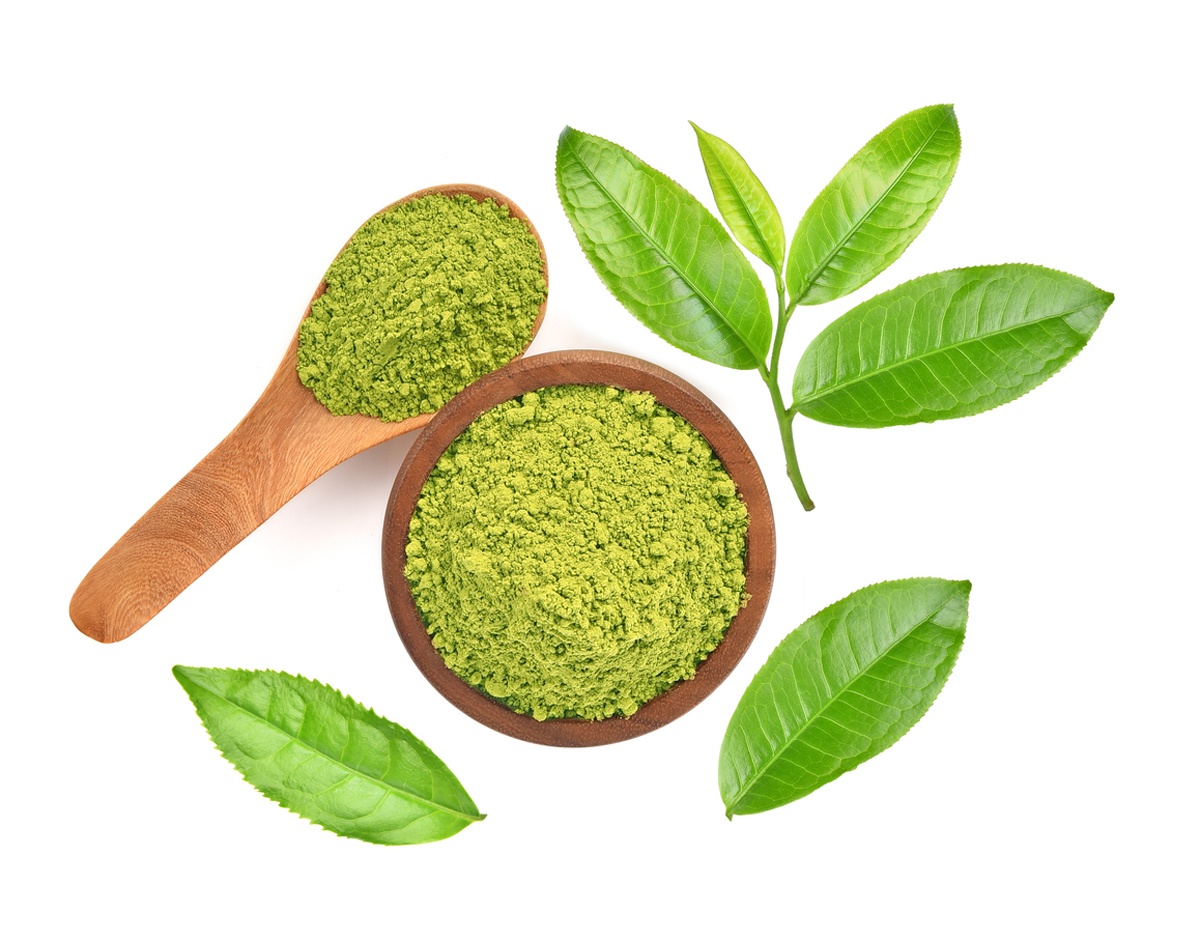
Green Tee
Green tea is an antioxidant-rich beverage that can benefit memory and cognitive function. It contains compounds called catechins, which have neuroprotective and antioxidant properties. In addition, green tea contains theine, which can improve alertness and concentration, which can improve cognitive performance. Regular consumption of green tea has been shown to improve memory and cognitive function, and reduce the risk of neurodegenerative diseases such as Alzheimer’s and Parkinson’s disease.
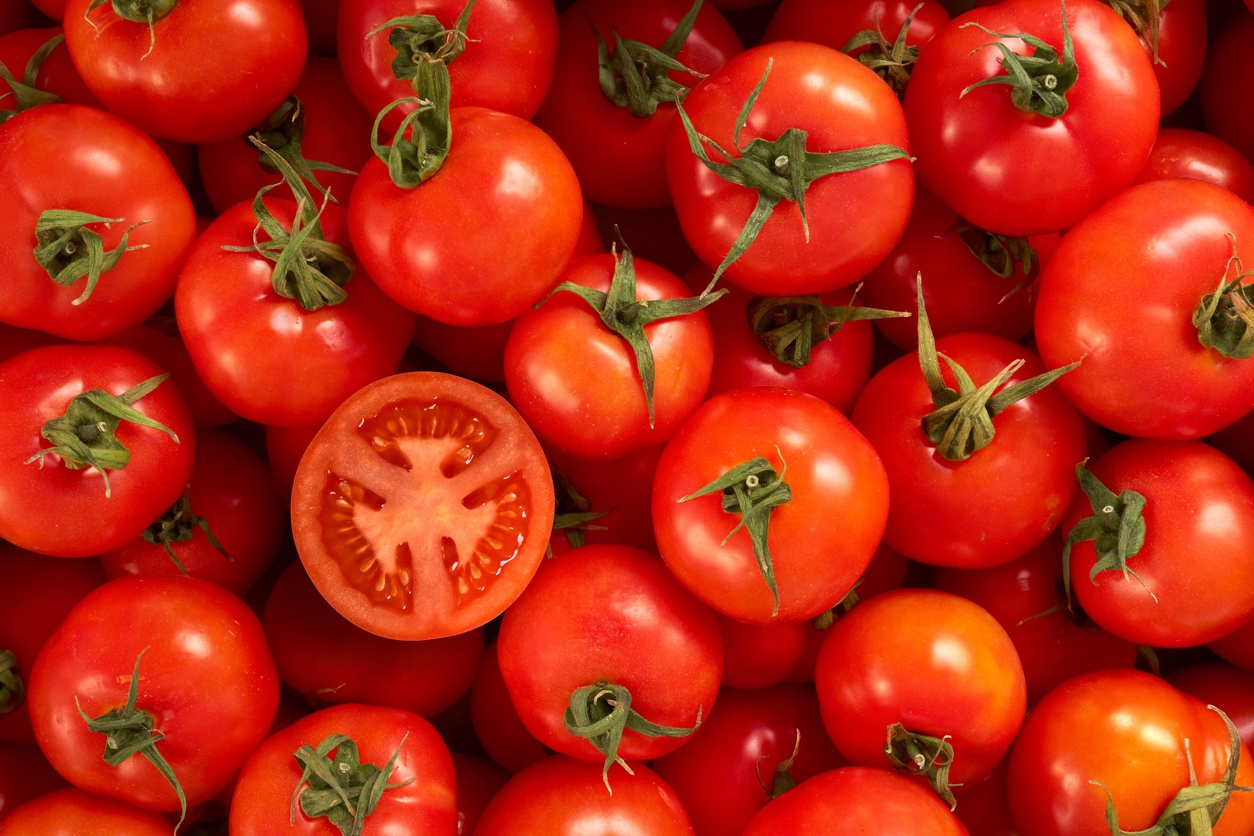
Tomatoes
Tomatoes are a nutrient-rich fruit that can benefit memory and cognitive function. It contains an antioxidant called lycopene, which protects the brain from oxidative damage and reduces the risk of neurodegenerative diseases. In addition, tomatoes are rich in B vitamins and vitamin C, which are important for brain health and memory. Studies have shown that regular consumption of tomatoes can improve memory and cognitive function, especially in older adults.






